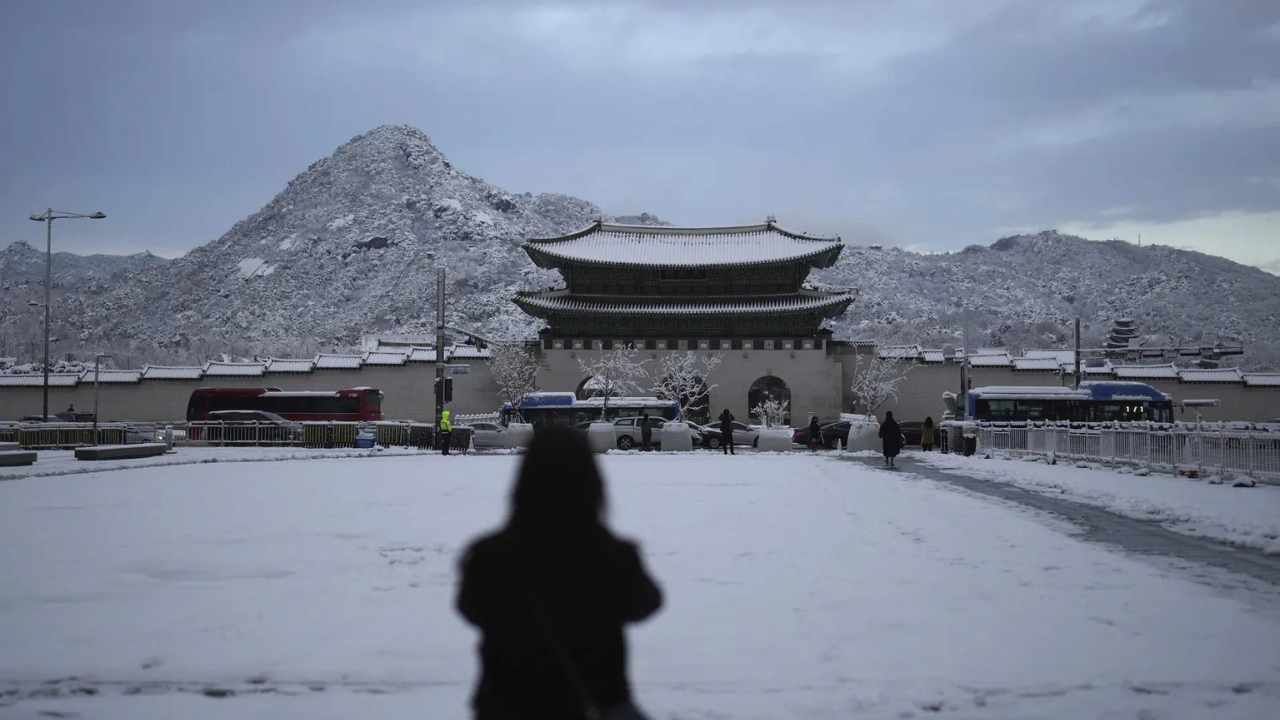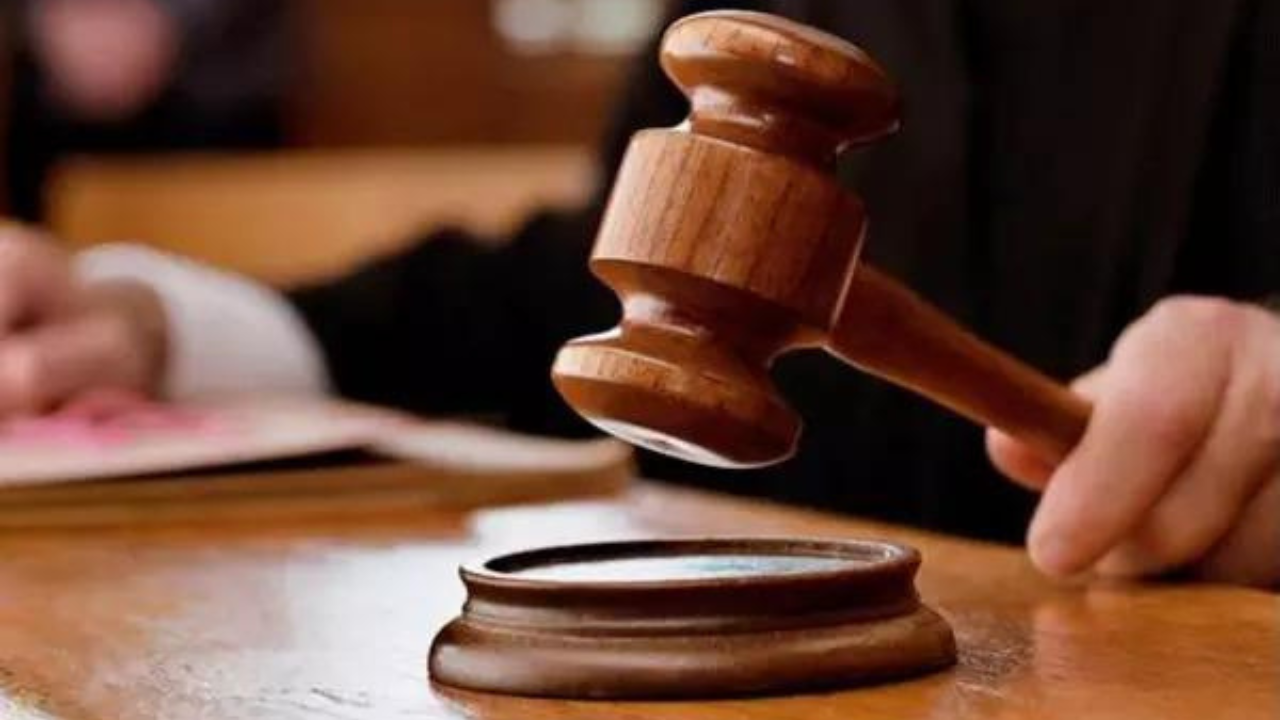Taylor Swift Fans Made Earth Move, Seismic Activity Recorded In Edinburgh
Seismograph data analysis revealed that the most "enthusiastic dancing" occurred on June 7, "although crowds on each night generated their own significant readings," the BGS stated.

At Taylor Swift's three Edinburgh concerts last weekend, thousands of fans cheered and danced so much that seismic activity was recorded by the British Geological Survey (BGS), as per a report in BBC. The seismic activity detected by monitoring stations was as far away as 6 kilometres (3.73 miles).
The ‘Swifties' caused the most commotion during three songs- "Cruel Summer", "Ready For It?" and "Champagne Problems." It also showed that the 73,000-person crowd danced, yelled, and stomped the loudest of the three performances. It was the first of Swift's 17 UK appearances, which will end with an eight-night run at London's Wembley Stadium.
Seismograph data analysis revealed that the most "enthusiastic dancing" occurred on June 7, “although crowds on each night generated their own significant readings," the BGS stated. It continued, “Whilst the events were detected by sensitive scientific instruments designed to identify even the most minute seismic activity many kilometres away, the vibrations generated by the concert were unlikely to have been felt by anyone other that those in the immediate vicinity.”
The BGS said that during "Ready For It?," the activity reached a peak of 160 beats per minute (bpm), with the crowd transmitting approximately 80 kW of electricity, which is comparable to 10–16 car batteries, according to CNN. “Based on the maximum amplitude of motion (the distance the ground moves), the Friday night event was the most energetic by a small margin, recording 23.4 nanometres (nm) of movement, versus 22.8 nm and 23.3 nm on the Saturday and Sunday respectively,” it added.
Callum Harrison, a seismologist with BGS, said on the organization's website, “BGS is the national body responsible for recording earthquakes to inform the Government, public, industry and regulators, and allow for a greater understanding of earthquake risk and plan for future events.
“It's amazing that we've been able to measure the reaction of thousands of concert goers remotely through our data. The opportunity to explore a seismic activity created by a different kind of phenomenon has been a thrill,” he added.



































![Safari Thorium Neo 8-Wheel Luggage Set Trolley Bags (Set of 3) at just Rs. 5,599 [MRP 29,100]](https://savefree.in/uploads/images/202409/image_870x580_66f63845060f0.webp?#)












![Handmade Brown Mango Wood Chopping Board At just Rs. 89 [MRP 599]](http://savefree.in/uploads/images/202303/image_870x580_641bf7e9c2206.jpg?#)


